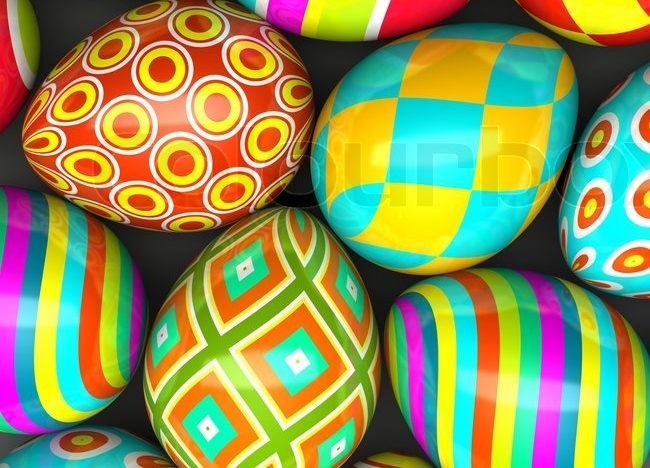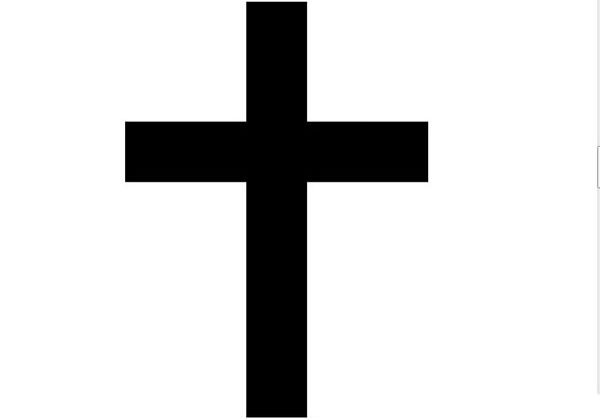When Easter comes around, it’s common to see events like Easter Egg hunts and images of decorative eggs all over. This has become a part of Easter celebrations especially in the Western world even though some people in Nigeria have now adopted some of these activities.
Easter itself is a religious holiday celebrating the death and resurrection of Jesus Christ but the custom of Easter eggs are linked to pagan traditions.
One origin surrounding Easter eggs are tied to ancient pagans in Europe who observed the Spring Equinox as the return of the sun god – a rebirth of light and the emergence from the lean winter.
The egg, which is an ancient symbol of life has been used in pagan festivities celebrating spring which is when Easter comes around. For the Christians, the egg is said to signify Jesus journey to the tomb and his resurrection.
Another link of Easter eggs to its pagan origins is that eggs have been decorated to mark the Iranian new year, Nowruz ( The rebirth of the year at the time of the spring equinox )for thousands of years so many believe the Easter Egg tradition is linked to this.
READ ALSO: Easter Eggs: Here’s What You Don’t Know About Them
The Easter egg is not without its link in Christendom as well. It was forbidden to eat eggs during Lent and one theory states that this is why the eggs are decorated to mark the end of the Lenten season and with it the penance and fasting. The decorated egg is eaten at Easter as a celebration to mark the end of this season. Some Eastern Catholic Churches would dye the eggs red to represent the blood of Jesus Christ that was shed on the cross. The eggs would then be blessed by the priest and distributed to members of the congregation.
The most popular Easter Egg hunt in history is the White House Easter egg hunt. This is an annual event held in the White House lawn on Easter Monday. A tradition that started in 1878. The first annual White House Easter Egg Roll was held on April 22, 1878 after President Rutherford B. Hayes, opened up the White House grounds to kids on Easter Monday who wanted to roll eggs. Since then it has become an event looked forward to during Easter.
The event is not without its myths. Some traditions believe that Mary Magdalene and the Virgin Mary held eggs during the crucifixion or that they were eaten at the first meal after the Resurrection.
Pagan or religious roots, the Easter egg and egg hunt are here to stay. It has been accepted as part of Christian culture and in Nigeria, some individuals, groups and establishments organize egg hunts and decorating egg events as a way to include the children in the festivities surrounding Easter. It is a matter of time before it becomes mainstream.
Regardless of what the egg signifies, it is important to always remember that Easter is a celebration of Christ giving his life as an atonement for the sins of mankind.












